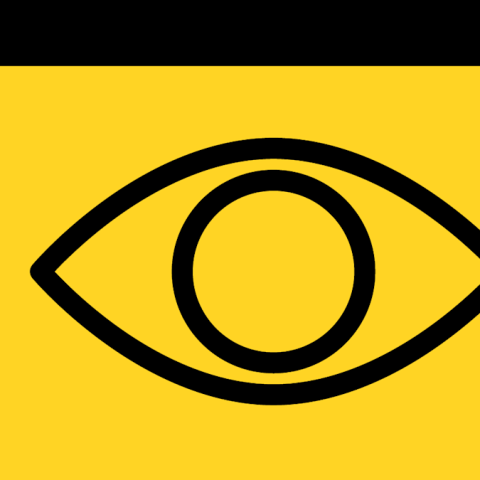Congo and Rwanda Sign Peace Deal Amid Ongoing Conflict
On Friday, the Democratic Republic of Congo and Rwanda signed a peace agreement facilitated by the U.S. The goal is to end decades of violence in eastern Congo and open the door for American access to valuable minerals in the region.
President Trump welcomed the deal, stating, “Today, the violence and destruction comes to an end.” He met with the foreign ministers of both countries to celebrate this moment. The agreement was signed at the State Department, a significant venue highlighting its importance.
Eastern Congo has been a battleground for over 30 years, with many armed groups fighting for power and resources. Millions have died in the conflict. While the peace deal is a hopeful step, many experts believe it won’t bring an instant end to the violence. The M23 rebel group, backed by Rwanda, does not recognize the agreement, complicating the situation further.
The Underlying Issues
Congo’s Foreign Minister, Therese Kayikwamba Wagner, acknowledged the suffering caused by the conflict. Her Rwandan counterpart, Olivier Nduhungirehe, also emphasized the uncertainty surrounding the peace process, as past agreements have failed. They recognized that this accord must be respected to heal their nations.
There’s a massive humanitarian crisis in the region, with over 7 million people displaced. The United Nations describes it as one of the most serious crises globally. With so many lives affected, the agreement’s enforcement is critical.
Rwanda has been accused of exploiting eastern Congo’s rich mineral resources, used in everything from smartphones to fighter jets. While Rwanda denies these claims, analysts argue it complicates their motives in the region.
The U.S. Influence
The U.S. aims to counter China’s growing influence in Africa by gaining access to Congo’s minerals, estimated to be worth as much as $24 trillion. This mineral wealth is crucial for the global economy, largely dominated by Chinese interests.
Experts like Christian Moleka, a political scientist, view the deal as a significant step but highlight that it doesn’t address accountability for war crimes or justice for victims. In the eyes of some activists, trust in the U.S. role is low, and lasting peace requires more than just agreements—it requires addressing past grievances.
The conflict’s roots trace back to the aftermath of the 1994 Rwandan genocide when Hutu militias fled into Congo. This history continues to complicate relations and peace efforts.
In summary, while the recent peace deal between Congo and Rwanda sparks hope, complex historical and political factors mean the road to peace will be challenging. Understanding this context is crucial as both nations work toward stability in the region.
Source link
Marco Rubio, Donald Trump, Rwanda, Democratic Republic of the Congo, China, Democratic Republic of the Congo government, Colin Powell, United States government, International agreements, War and unrest, Genocide, General news, Asia Pacific, United States, Politics, Therese Kayikwamba Wagner, Christian Moleka, Olivier Nduhungirehe, Washington news, China government, Business, World news, Humanitarian crises, Hope Muhinuka, Oscar Balinda, Technology





















